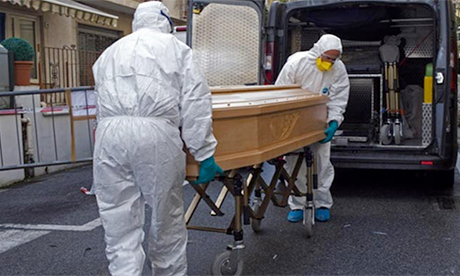There has never been a more critical time than now to think about who you would want to speak up for you should you become sick and dying, and what matters to you most. “Contemplating one’s death may be the most profound form of meditation. Death is the backdrop of life, and at times like this it comes to the fore.”
These are the word of American physician and palliative care advocate Dr Ira Byock in response to the crisis we find ourselves in across the globe.
Without doubt, Covid-19 has made us contemplate our own deaths in a way we haven’t had to for several generations.
While we have so far been spared the volume of deaths witnessed overseas, through the media we have learned a lot about what people are going through.
We have also heard the stories of 20 New Zealanders (at the time of writing) who have sadly died.
Among these are tragic accounts of people of all ages who have deteriorated very quickly and died, even when they have received the best and most appropriate medical care available.
Often, in this kind of situation, health care professionals talk about ‘planning for the worst and hoping for the best’.
This might involve challenging but honest conversations about what is important to you, what you value most and what treatments can and can’t be offered. Dr Peter Saul, an intensive care specialist from Australia, calls this “speaking the truth with kindness”.
However, for some families, these conversations will have been made more difficult by not knowing what their family member would have wanted in this situation.
Indeed, our research shows that many of us don’t think – or talk – about our end of life preferences until it is too late.
There has never been a more critical time than now, in the midst of a pandemic, to think about who you would want to speak up for you should you become sick and are dying.
- Will those whānau closest to you know what you value most?
- Do they know what is most important to you?
- Will they know what kind of treatments and care you would or wouldn’t want if you become critically unwell?
- What would a ‘good’ death mean for you?
And we would argue that you shouldn’t wait until you are really sick or at the end of life to have these conversations.
You can talk to friends, families and whānau about what you value, who is important to you and what is most important to you now. Continue reading
